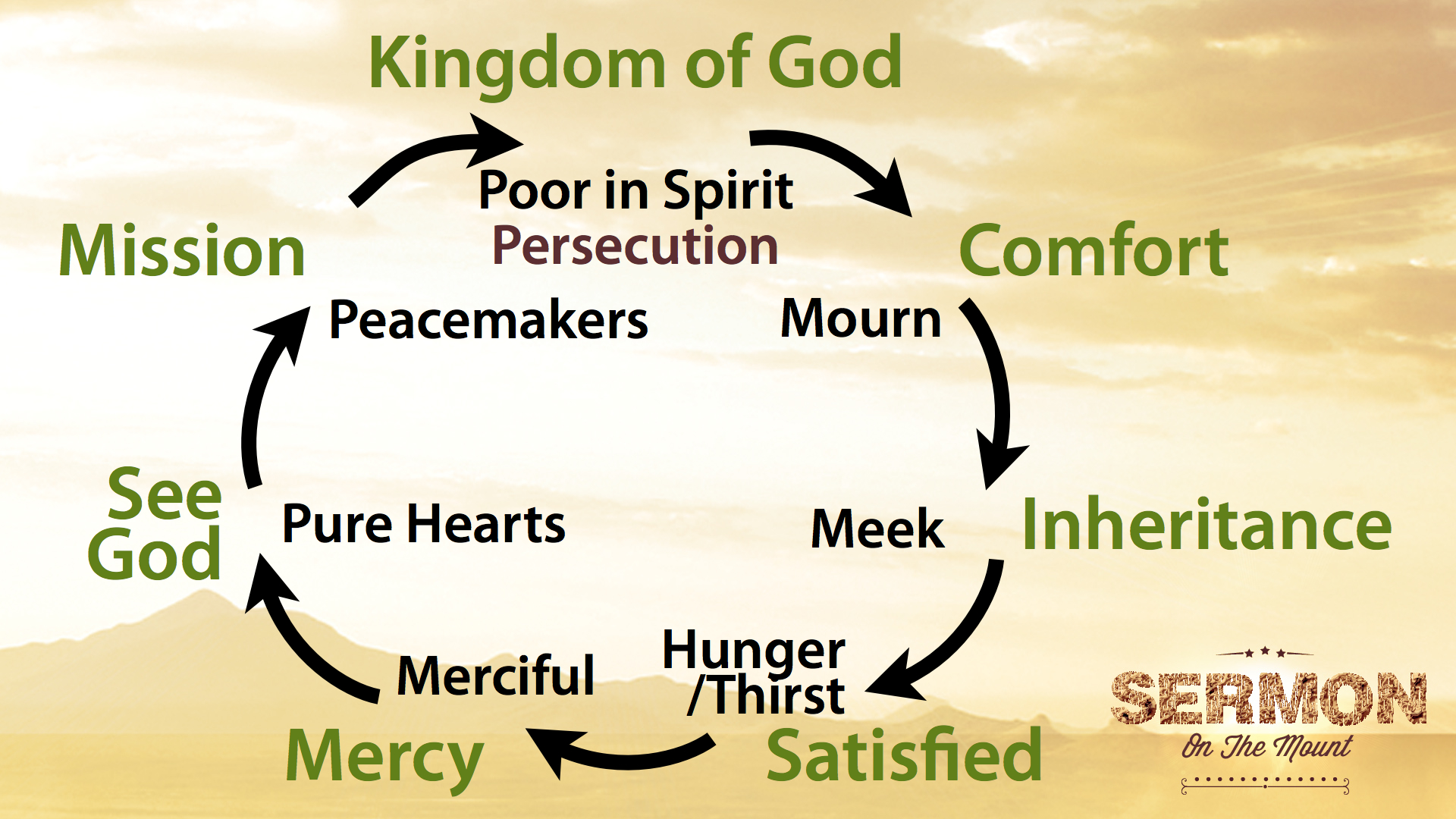Truths From 2014 - Part 3 (Degrees And Vision)
- by Aaron
-
in By Aaron
Periodically this year (2015) I have been taking some of statistics from 2014 and commenting on them as we go through this New Year. I came across this statistic and thought it was just fascinating that many young adults are questioning the value of a college degree.
For people growing up in previous generations the prospect of college was something many in their families were never able to obtain. There are stories of how certain kids are the first ones ever in their family to attend college, but when 2015 rolls around all of that has now changed. It is now EXPECTED that kids will go to college, get a degree, and then use that degree to further themselves in life. I have personally spoken to kids who feel so much pressure to pick a major it actually gives them nightmares.
Barna points out that, “The traditional commencement speech platitudes that welcome students into the opportunities of adulthood—“the whole world is before you”; you just have to “follow your dreams” to “make a difference”—now ring hollow to many young adults…” Why is this? I think trying to blame it on the poor economy is a copout, I think it is deeper and much more profound.
Sure, 4/10 twentysomethings would say they need their college degree for their current job (42%), but that same number wish they’d chosen a different major altogether. Barna 2014 research has pointed out that “fewer than half of Millennials (47%) would strongly agree their degree was worth the cost and time.” How can this be? Isn’t this all that the American dream was meant to be?
Besides the truth that many people enjoy working outside or with their hands, and vocation schools (mechanics, welding, construction) would be better suited for a lot of kids, we today make them feel like that is less than desirable. I have a fear today that we are going to run out of good plumbers, electricians, and garbage men because we have demeaned those jobs. We must allow kids to flourish AND fail so they can grow into those who trust Jesus and not their own intellect or effort. That their salvation rests in a person and not a piece of paper handed out by a university. That redemption is a gift of grace and bestowed NOT by our own works or what we have attained.
Many people, Christian and non-Christian, like to quote the verse in Proverbs (29:18) that says, “where there is no vision the people perish,” but the actual rendering in the original language is, “where there is no PROPHETIC vision.” The word “prophetic” doesn’t mean some hokus pokus future horoscope foretelling, it means GOD’S message of the truth. Our culture is very quickly becoming disillusioned with our own dreams and visions of the future because they are so small. All of our efforts at bringing about our own view of what would fulfill ourselves is too little. It is God’s vision that is bigger and greater than anything we could imagine, it is His vision we must begin to live for.
Is college a good thing? Yes. Is it the best for everyone? No. How can you know if it is right for you or your children? That is the much harder question. I would say that no matter what age your kids are, instill in them NOW the value of a good work ethic. That God Himself works and if we are to be imitators of Him (Ephesians 5:1) we should work as well. Remind them that God’s love is not predicated on our work, but when we imitate Jesus we will find value in what we do. Ask your kids their dreams and then help them devise a plan to get there. Sometimes it will work out and sometimes it won’t, but God stands above it all and that is what we trust in.
May you be reminded of God’s goodness, that His vision for us is deeper and more nuanced than we could ever imagine, and that though our dreams do not always work out the way we want, Jesus weaves it all together with His unstoppable grace.








 God's Spirit is changing us into the people who better everyday reflect God's glory. One person at a time. On Good Friday we gave each person a light bulb to illustrate this. For those who had surrendered their lives to Jesus they were invited to take communion in remberance of what Jesus has done. After they partook in communion they were, one by one, to screw their bulb into the sockets on the table to illustrate "one by one" how the light will grow, illuminate, and eventually become too much to gaze at.
God's Spirit is changing us into the people who better everyday reflect God's glory. One person at a time. On Good Friday we gave each person a light bulb to illustrate this. For those who had surrendered their lives to Jesus they were invited to take communion in remberance of what Jesus has done. After they partook in communion they were, one by one, to screw their bulb into the sockets on the table to illustrate "one by one" how the light will grow, illuminate, and eventually become too much to gaze at.